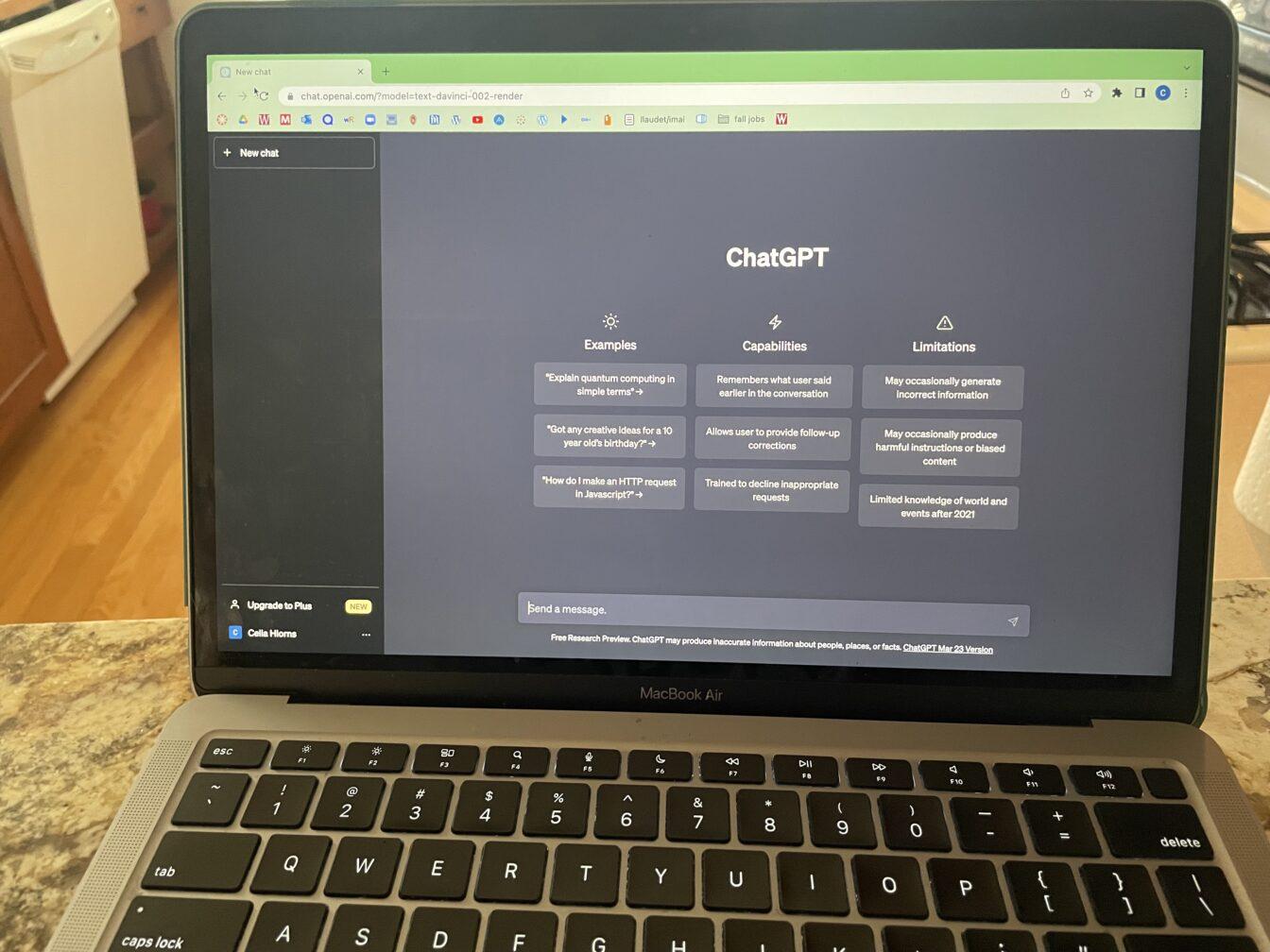The current federal minimum wage is not high enough for workers to thrive in a growing economy, and College Democrats of UW-Madison supports efforts to raise these wages.
Since 2009, the federal minimum wage has remained stagnant at $7.25 per hour. While there have been many efforts to raise the minimum wage during this period, the lack of success in these campaigns have left countless workers lagging behind as inflation and other factors devalue their earnings. Certain states and cities have raised their own wages, but there are still 21 states stuck at the current level.
There’s also a disconnect between the living wage and minimum wage standards. A living wage can be characterized as the earnings necessary to maintain a normal standard of living, and it usually differs from place-to-place. A study from the Massachusetts Institute of Technology estimates that the average living wage for one adult is $11.41 per hour, and increases to $24.67 with the addition of one child. In Madison, the estimated living wage in 2019 is $13.27.
Slavery is still legal in Wisconsin’s prisons — it’s time to change that
As Democrats, we believe it’s important that American workers receive wages that will provide them with a decent standard of living. No one should need to work multiple low-paying jobs just to afford basic necessities, and current policies are not doing enough to ensure this for our workers.
There’re a lot of misconceptions surrounding an increased minimum wage and who that would impact. People often believe that minimum wage workers are just high schoolers working part-time jobs in the fast-food industry, but that doesn’t accurately reflect these workers. In reality, less than 10 percent of these workers are teenagers. Minimum wage workers span many career fields, too — from construction to retail to education and more. These can be really demanding professions, but the wages they earn do not reflect that. Additionally, more than half of these people are working full time.
Additionally, our current minimum wage disproportionately impacts different communities. More than half of these workers are women, who already deal with issues like the gender pay gap. Additionally, a boost in pay could help communities of color, including 38 percent of African American workers and 33 percent of Latinx workers. College Democrats support an increased minimum wage because everyone deserves a chance to thrive economically, and changing these policies would increase our ability to ensure this is a reality for more people.
Livable, minimum wage debate continued after Evers’ proposal
Some other misconceptions include different ideas surrounding the economic impact increased wages could create. Opponents believe there would be job loss, but a study by the University of California-Berkeley found no significant negative effects on employment. Moreover, wage increases can create increased job productivity that would incentivize employers to keep their businesses here instead of relocating, as opponents may suggest. The economy could also benefit from more individuals participating in the market and from fewer individuals needing welfare-based programs funded by taxpayers.
With this in mind, Democrats have taken action to raise wages during this new Congressional session. The Raise the Wage Act of 2019 intends to gradually raise the minimum wage in yearly increments, culminating in a $15.00 hourly wage by 2024. This legislation has more than 190 co-sponsors, and it addresses many aspects of minimum wage issues — like tip-based jobs and fair wages for workers with disabilities. Currently, employers are able to pay below the $7.25 per hour standard for certain types of jobs, but the Raise the Wage Act would put an end to this and ensure that all workers are being paid livable wages.
College Democrats of UW-Madison supports these efforts to raise the minimum wage, and we will keep fighting until American workers are paid the wages they deserve.
Cecelia McDermott ([email protected]) is a freshman majoring in political science and geography. She is also the press secretary of the College Democrats of UW-Madison.





















